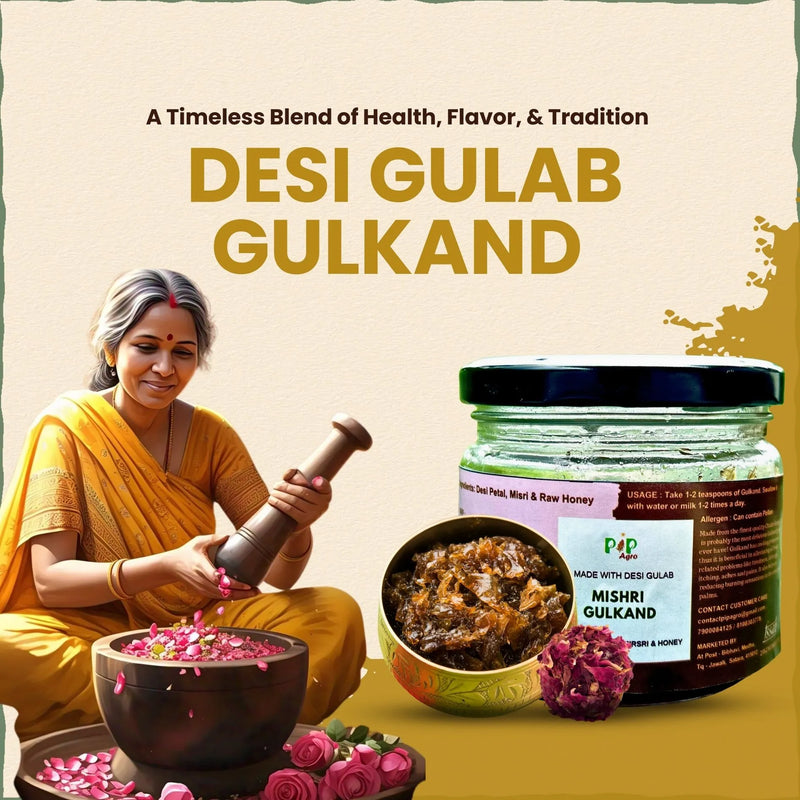🌻 Why Do Wooden Pressed Sunflower and Safflower Oils Taste Bitter Sometimes?
Santosh BobadeShare
🌿 Introduction: The Taste of Purity Isn’t Always Sweet
If you’ve ever tasted wooden pressed sunflower or safflower oil, you may have noticed a slightly bitter or pungent aftertaste. Many assume this is a sign of spoilage, but that’s not always the case.
Let’s explore the scientific reasons behind this phenomenon and understand how to maintain the freshness of your favorite wooden pressed oils.
🔬 Scientific Reasons for Bitterness in Wooden Pressed Oils
1️⃣ Natural Compounds in Seeds
-
Sunflower and Safflower seeds naturally contain polyunsaturated fatty acids (PUFAs), mainly:
- Linoleic acid
- Oleic acid These PUFAs are highly prone to oxidation when exposed to air, heat, or light—leading to a slightly bitter or sharp taste.
Scientific Study: According to the Journal of Agricultural and Food Chemistry, oxidation of linoleic acid can cause aldehydes and ketones to form, contributing to off-flavors and bitterness.
(Source: JAFC, 2011, Vol. 59)
2️⃣ Cold Pressing Without Refining
- Unlike refined oils, wooden pressed oils are not treated with chemical deodorizers or bleaches.
- The natural flavor compounds remain intact, including bitters and phytonutrients, which may result in a slightly bitter taste, especially when fresh.
3️⃣ Seed Quality & Storage Conditions
- If sunflower or safflower seeds are not stored in cool, dry, and dark places, they can begin micro-oxidation even before pressing.
- This results in a bitter-tasting oil right after extraction.
Tip: Always choose oils made from freshly harvested seeds and small-batch production.
4️⃣ Natural Sedimentation in Wooden Pressed Oils
- Wooden pressed oils retain natural sediments and plant waxes.
- These can contribute to flavor complexity, including a mild bitterness that actually indicates purity and minimal processing.
🌿 Ayurvedic View: Is Bitterness Bad?
In Ayurveda, bitterness (tikta rasa) is considered one of the six tastes and is:
- Cooling in nature
- Helps detox the blood
- Balances Pitta and Kapha doshas. Hence, a mildly bitter oil can support digestion and detoxification, especially when used in moderation and in the right season (summer or early monsoon).
🧂 How to Reduce or Avoid the Bitterness
✅ Storage Tips
- Use dark glass or tin containers
- Keep away from direct sunlight and heat
- Store in cool and dry environments
✅ Usage Tips
- Blend with neutral oils like groundnut or sesame
- Use for light sautéing or salad dressings
- Avoid deep frying, as PUFAs break down quickly
Important: Do a smell test – bitterness is fine as long as the oil doesn’t smell rancid or sour.
📦 How to Choose High-Quality Wooden Pressed Oils
- ✅ Cold pressed below 45°C
- ✅ Made from organically grown seeds
- ✅ No preservatives or additives
- ✅ Sourced from small batches
🧪 Final Word: Bitter ≠ Bad
A slightly bitter note in your wooden pressed sunflower or safflower oil is not a defect but a natural characteristic of pure, unrefined oil. In fact, it’s often a mark of authenticity. By understanding the science and storage behind it, you can enjoy the true health benefits these oils offer.




















Leave a comment